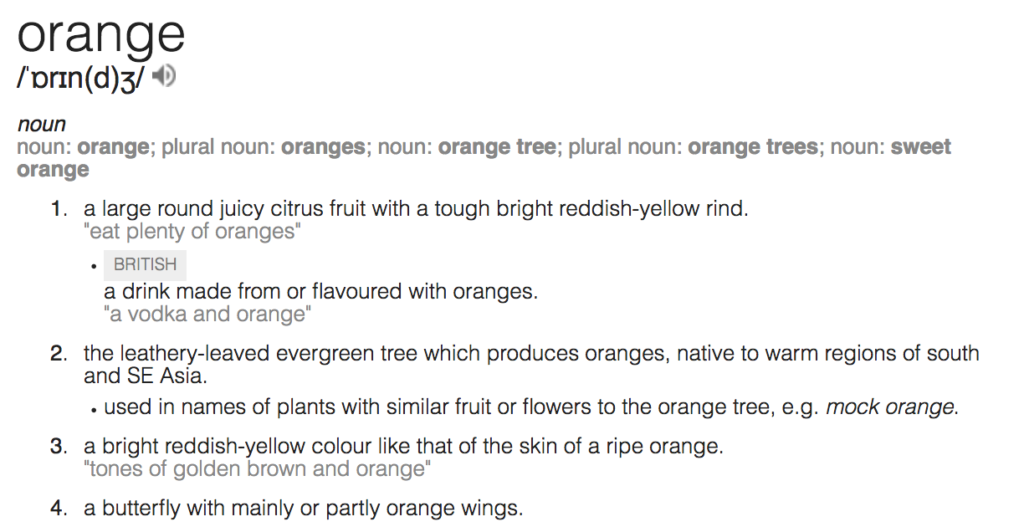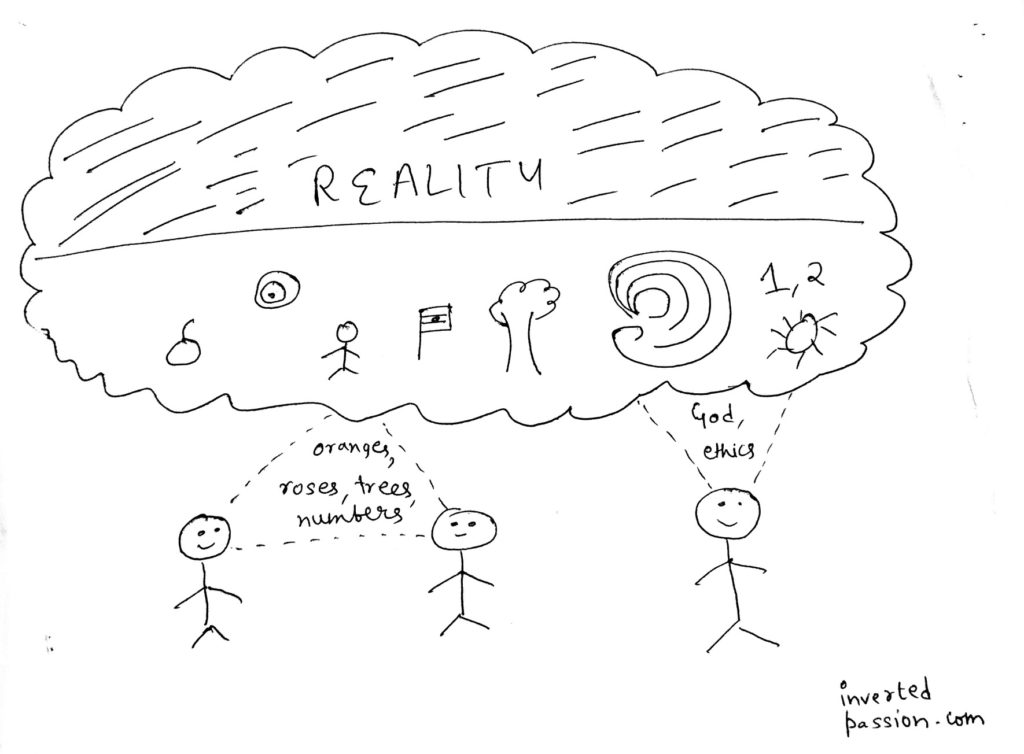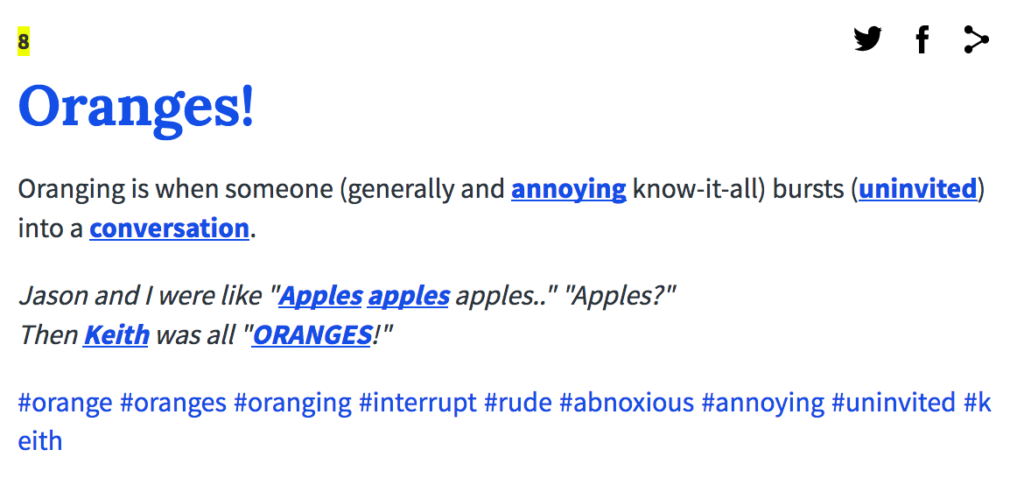I used to wonder why questions in philosophy never get resolved. For example, take the question of whether we have free will or not. From Socrates to Kant and to modern day philosophers (such as Daniel Dennett), everyone seems to have an opinion on free will. Free will is also a favorite topic of many twenty something bloggers, including myself. Thousands of years have passed by since the first time this question was asked and people are still debating on it.
Why is that so? Why, unlike science, where all scientists agree that energy can neither be created, nor be destroyed, every philosopher has his/her personal answer to philosophical questions.
This lack of progress in philosophy has bugged me but I think I’m closer to a satisfactory answer. The language philosopher Ludwig Wittgenstein has helped me in this regard. And although he didn’t say it directly, I think he is correct in suggesting that most of the philosophical discussions are ego-driven and subjective, just like most of the political discussions are. (I wrote about a similar idea in my previous post: Good engineers make terrible leaders).
By political discussions, I mean arguments about deciding what’s right for other people. When politicians and policy makers debate the topics of taxes, immigration, and voting, there are usually a multitude of opinions and perspectives. As different people prefer different outcomes (usually the ones that are advantageous to them personally), the outcome of a political debate isn’t the correct answer but it’s a good answer that most find satisfactory enough. By ‘correct’, I mean an objective fact that’s independent of people. By ‘good’, I mean an opinion that people prefer over other proposed alternatives.
As we will see, philosophical discussions are pretty much the same. The reason there’s no agreement on questions of morality, liberty, free will, etc. is because these topics explore how a human ought to live. Even the questions about what is, such as whether there’s a God, are doomed because an answer to these seemingly factual questions impact how people behave. So everyone has a pet-theory for these philosophical questions, some are sophisticated, others are naive but none is ‘objectively’ true. The victory of your theory over another is a matter of convincing others that your version is better. And that’s a necessarily political act.
Experimentalists who think they can settle questions of philosophy are also missing the point. You can say that we can always test in the real world whether there’s a God or not. But it really doesn’t matter whether you can experimentally falsify the God-theory. It’s because you have to first get believers to agree that experiment is a way to answer this question. They interpret the word ‘God’ in a religious context, one where scientific context doesn’t apply.
Believers have a legitimate claim that the way to God is through belief and no experiment or logic is going to shake their belief. In that case, you can choose to disengage with them or choose to convince them that experimentation is the correct way. Whatever mode of engagement you use with believers – ignoring or discussion – it’s a necessarily political process. They either come out convinced from your argument or they don’t.
Meaning of a word is found in context of its use
Let’s come back to the question of free will and whether it exists. It sounds embarrassingly simple but if you unpack individual words, you’ll quickly realize that the question is nonsense or underwhelming.
What do words ‘free’, ‘will’ and ‘exists’ mean? (I used Google’s in-built dictionary in search)
‘Free’ – able to act or be done as one wishes; not under the control of another.
‘Will’ – expressing facts about ability or capacity.
‘Exists’ – have objective reality or being.
Now, if we dive further and try to find the meaning of ‘wish’ (to unpack ‘free’ even further) or ‘fact’ (to unpack ‘will’) and ‘objective’ (to unpack ‘exists’)
‘Wish’ – a desire or hope for something to happen.
‘Fact’ – a thing that is known or proved to be true.
‘Objective’ – not dependent on the mind for existence; actual.
Note how the definition of ‘exists’ contains the word ‘objective’ and how the definition of ‘objective’ contains the word ‘existence’. Sounds fishy and circular, doesn’t it?
Actually, all this hoopla is unneeded because in majority of cases, when people use words in sentences, we know what they mean. For example, if your mother asks you to buy five oranges from the market, you do not debate with her on what exactly does she mean. Similarly, you don’t open a dictionary to unpack her sentence. You simply go to the market and buy oranges. She says thanks to you and that’s all. No philosophical discussions take place.
This simple example implies that we understand words in the context of their usage, (and if there’s a word that you’ve never used before, you place it in context of words you already know). You’ve previously seen round, citrus, juicy fruits that everyone calls as oranges so you adopt the same word and link it to concepts juicy, fruits, citrus and round. But when you see the same word being used to describe a color of wavelength 590-620nm, you have no trouble adopting the same word. This time you link it to concepts of colours, light, etc.
Because you understand words in contexts of their use, you exactly know what the speaker means when she says ‘Sun is orange’ or ‘There’s one orange on the table’. You don’t debate which is which because you know Sun cannot be a fruit and tables usually have fruits, not colours.
Philosophy is contextual
Our everyday conversations don’t end up in long debates (sometimes they do!) but philosophical questions can have debates that last for hours. Why is that so?
It’s because philosophical questions point to concepts that are usually very personal to people. There’s widespread agreement on the word ‘orange’ but the word ‘free will’ is debated because words are understood in the context of their usage and the definition of ‘free will’ depends on how we use it and what we’re trying to do. In law, courts know what exactly the defendant means what she says she didn’t sign the papers out of her free will. Similarly, believers know they’ll go to heaven or hell after they die depending on their freely willed actions on Earth. No ambiguity there.
Philosophical problems arise when we use words freely – without any context or giving contexts that make no sense.
For example, if I ask Google “what is orange?”, it gives me four definitions:

If we have no single definition of ‘orange’, why do we get baffled when we’re unable to come to one true definition for ‘free will’, ‘liberty’, ‘morality’, or ‘God’. Everybody defines these words in contexts of their life experiences, world views and goals.
Nonsense questions disguised as philosophy
You can ask open ended questions in philosophy and get surprised when there’s no one correct answer because you can ask grammatically correct questions that have no answers.
Consider the question: ‘What is the productivity of an orange?’
Obviously, the question is cringe-worthy because it’s nonsense. But we don’t feel similar cringe when we ask: ‘what’s the meaning of life?’ or ‘are machines conscious?’ or ‘why is there something rather than nothing’? Throughout my life, I’ve gone round and round on these questions without any satisfying answers. That should be a hint to me that perhaps these are nonsense questions.
What matters isn’t whether there’s free will or not, the real question should be how differently would I live my life if I knew the answer. If the answer was that there’s no free will, will I stop functioning? If the answer is that there is free will, will I start murdering people? As you can guess, the answer has very little impact on my future actions.
We philosophize life (but not oranges) because we’re hard wired by evolution to question our plans in order to find better ones, and the same tendency to question escalates to our entire life. But remember: just because a question can be formed grammatically, it doesn’t mean there’s an answer to it. We can ask ‘what’s the meaning of baffled?’ and find that answer in a dictionary but we can’t do the same with ‘what’s the meaning of life?’. The answer to this ill-formed question is going to be very personal or non-existent.
Reality can only be accessed via language

We literally don’t have words to describe our entire reality because we use the word ‘reality’ to describe whatever can be described. But I suspect that there’s a lot more out there than what’s accessible to humans. Our thoughts and languages evolved to help us live with each other on Earth. Our communication is inherently limited to describing what information comes through our five sense and what we want to do with that information (evolutionarily, the answer is simple – make allies, attract mates, produce more babies).
In philosophy, we try to apply the same sense making apparatus – language – to situations and contexts that are far removed from our every day human experience. For such far removed concepts – liberty, free will, ethics – there will always be a debate between individual humans. You can pick up an orange and eat it, but what you can do with an idea like ‘liberty’ is to philosophize and use it to your advantage. Romans didn’t extend ‘liberty’ to human slaves because it was in their favour to keep slaves. Similarly, meat-lovers don’t extend ‘morality’ to the idea of eating bacon because they love it so much.
As a reminder, there’s no true answer to ‘what is moral’, it’s simply whatever you are convinced by. You can preach and debate your perspective on morality, but you shouldn’t get fooled into believing it’s the only correct one and that other people are wrong. Whether you succeed or not depends less on whether your argument is right or wrong (because it’s none of that!), but depends more on how much can you sway or incentivize or overpower other people.
Philosophy is fluid
We redefine words all the time. For example, on Urban Dictionary, I found a new definition of ‘Orange’.

Similarly, there will never be ‘true and final’ resolutions to philosophical questions. We abolished slavery and extended liberty to all humans but what about animals? Should we keep pets? Also, we shouldn’t mistake and say there’s a progress or a direction in philosophy. Just as words can get redefined completely over time, our societies can go to and fro on philosophical questions. Are modern day workers ‘slaves’? Do they have ‘free will’? Who knows! Your answer is as good as mine (but mine is better!)
Since you need to get people to agree on your preferred answers, Philosophy is politics.
PS: If you’re interested in diving into this line of inquiry even further, I recommend listening to this podcast.
Join 200k followers
Follow @paraschopra